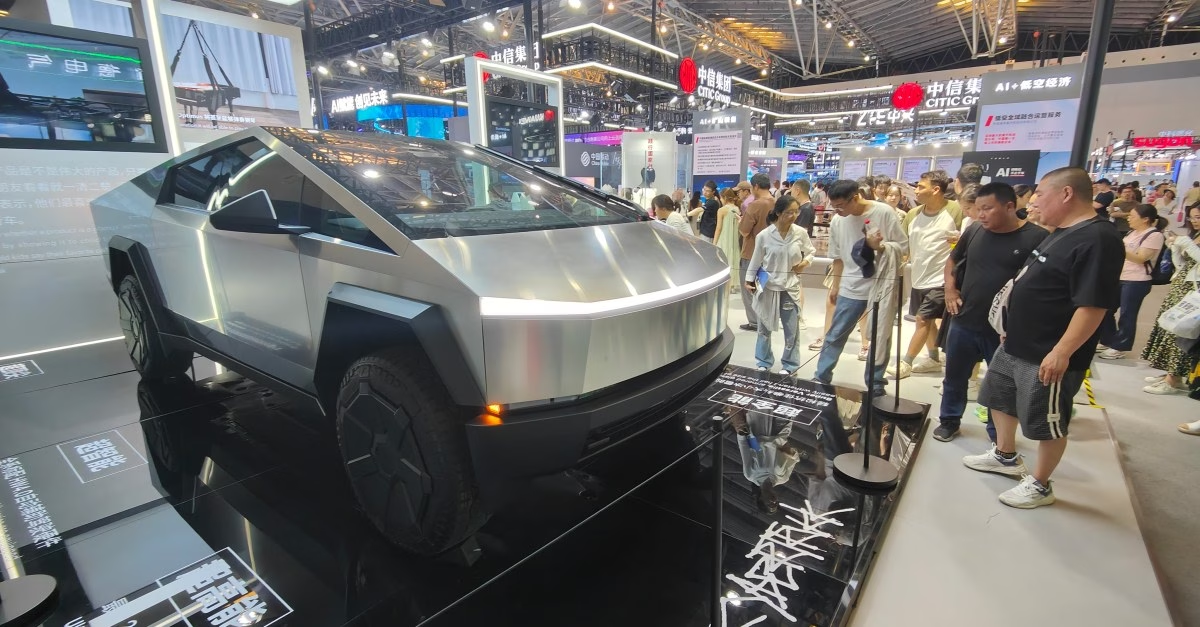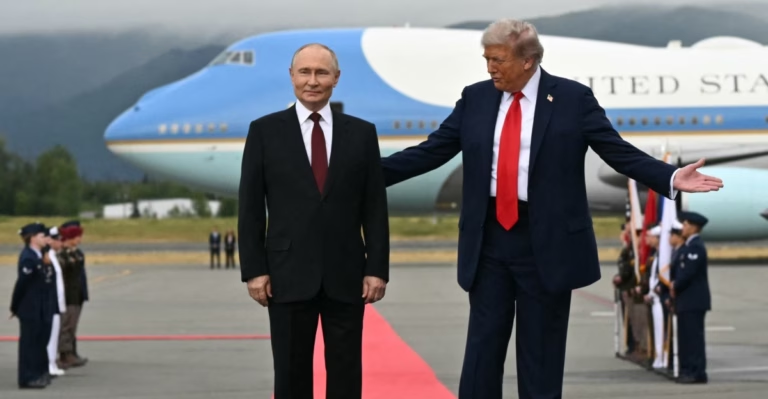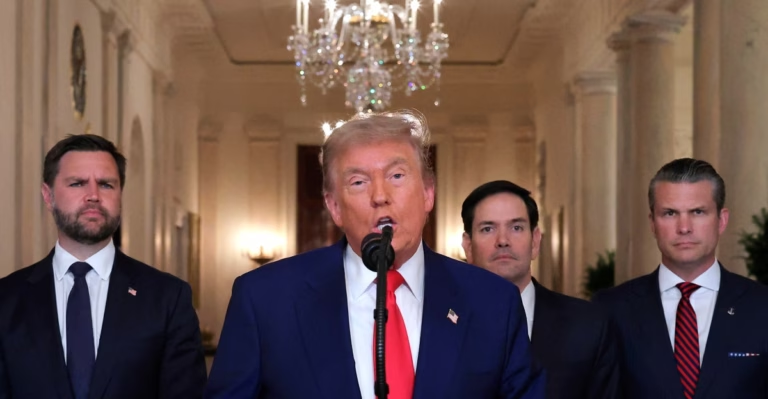Elon Musk’s opinions on government affairs span many countries, but he seems to express a “kind of pro-China” stance. Despite his claims of being a free-speech absolutist, this stance has not been applied to China’s draconian censorship, and he has defended the Chinese government on multiple issues. From a business perspective, China is vital to Tesla, serving as both a production site and consumer market. Musk’s ties to China, including his company’s dependence on the Chinese market and his personal relationships with Chinese leaders, have raised concerns as tensions between the US and China escalate. The symbiotic relationship between Tesla and China is significant, with Tesla’s Shanghai factory producing half of its global output. Tesla benefits from selling in China’s burgeoning electric vehicle market, despite global sales falling for the first time.
Musk’s business interests in China also stand out given his new colleagues’ hawkish views on China in the Trump administration. While the administration’s foreign policy team is generally united on being tough on China, Musk’s pro-Beijing stance and business interests in China have garnered attention. The administration’s priorities, reflected in a recent purchase and sales pitch involving Tesla on the White House lawn, raise questions about the influence of Musk’s companies on policy decisions. China and Tesla need each other; Tesla’s Shanghai factory is crucial to the company’s success, and Musk’s positive remarks about Chinese workers’ work culture have been noted.
China and other countries view Tesla as critical to their electric vehicle markets, and Musk’s influence is seen as a potential conduit for China in future negotiations. During a time when trade tensions between the US and China are rising, and the Trump administration is considering a meeting with China’s Xi Jinping to negotiate a new trade deal, Musk’s ties to China and the potential leverage they offer Beijing in future negotiations are getting noticed.
The relationship between Tesla and the Chinese government has been mutually beneficial. Tesla’s investments in China coincided with the Chinese government’s efforts to spur the creation of a local market for electric vehicles. Tesla’s success has also led to Chinese companies like BYD, once mocked by Musk, now outselling Tesla in the electric vehicle market. Tesla’s sales in China began to slip despite its premium status, and the company is pushing to get approval for its “full self-driving” technology in China.
Musk’s connection to China may extend beyond Tesla; his other companies, such as SpaceX, and his personal “top secret” security clearance have raised security concerns. The US government has taken steps to restrict business with Chinese companies linked to the Pentagon, highlighting the complexity of Musk’s business ties and the Trump administration’s potential policy impacts.
China views Musk as a valuable asset for negotiations, with Chinese officials meeting Musk ahead of key events, such as Trump’s inauguration, and seeing him as a potential connection to the White House. Despite anxiety about the administration’s stance on China policy, whichis seen by some as less hawkish than expected, there is speculation about how Musk’s views could influence these policies. Experts see Musk’s China ties as a potential hindrance to aggressive policy positions toward China, including the imposition of tariffs, and speculate about the consequences for US-China relations if policies become more aggressive or trade negotiations fall through.
Source: https://www.vox.com/world-politics/404621/elon-musk-china-tesla-trump







